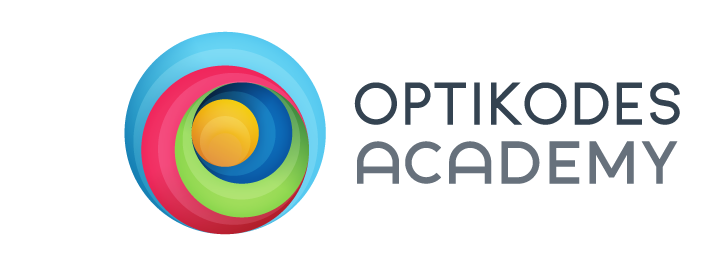In an attempt to demystify the ADHD assessment process for parents, I am sharing my initial assessment write-up which happened in April 2020 and the feedback I just received from this student’s family ten months later. It’s heartening to see they’ve made headway; my write up and the families detailed feedback may help other families successfully navigate the process. Assessing and managing ADHD enables children to reach their full learning potential and prevents psychological symptoms from developing in them.
EVALUATION WRITE-UP, APRIL 22, 2021
Learning Style Evaluation for ‘STUDENT’, April 22, 2021
A learning style evaluation for ‘STUDENT’ shows him to have a traditional learning style which ought to present few problems with language arts and math. At the same time, a pre-assessment using the SNAP IV revealed elevated scores for ADD in ‘STUDENT.’ Although he is doing well in the school curriculum, his difficulty with writing and at times with emotional regulation compelled his parents to bring him for an assessment.
‘STUDENT’ was a pleasure to meet and assess. He easily complied with all the tasks and requests I presented him. In the course of our time together however, he presented several symptoms which correlate with ADD:
1. Careless inattention to work tasks
2. Dreamy and easily distracted
3. Losing his train of thought or focus while working
4. Requiring longer than usual time to remember instructions and steps
5. Hyper-focusing and moderate difficulty switching tasks
6. Difficulty while writing:
a. Forgetting words and easy punctuation rules, even when reminded
b. Not noticing words were run together or were not well placed on the line
c. Rushing to finish writing and not monitoring his motor planning
Given my experience evaluating kids for signs of ADHD/ADD, I see most of the classic ones for ADD in ‘STUDENT.’ Though he was obviously motivated and eager to perform well during his session, he had difficulty remaining attentive and learning/processing as effectively as a child his age without ADD. This is something his parents consistently see as well and they brought him to me to better understand the source of his difficulty learning up to his ability.
‘STUDENT’ falls into a group of children who are traditional learners with an underlying strength in all subject areas, but who are nonetheless at high risk for learning difficulties in the years to come due to having ADD. I have recommended that his parents have him formally evaluated and if diagnosed, do a medication trial with a psycho-stimulant. I have provided them with a video by a renowned specialist who advocates for early treatment of ADD to get the neuroprotective value of treatment with psycho-stimulant medication.
PARENT UPDATE RECEIVED 9 MONTHS AFTER MY ASSESSMENT OF HIM ON JANUARY 10, 2022
Happy New Year! I wanted to update you on STUDENT'’S progress. We didn't get far at the end of last school year after we met with you. We were not able to get enough feedback from his teachers since he was distance learning. I approached his new teacher in September and she said that she definitely noticed STUDENT'’S inattentiveness and encouraged us to meet together with her and the principal for an SST. STUDENT'’S teacher said that she will keep him at the front of the class all year so she can keep an eye on his focus, and she has been seating him next to kids who can help him.
We also continued to move forward with Kaiser's evaluation. The evaluation was inconclusive and his pediatrician was not sure how to evaluate the results, so he referred us to Kaiser's mental health department. We were fortunate to be able to speak with an ADHD specialist (Kaitlyn Tully), and she diagnosed STUDENT' with ADHD (predominantly inattentive presentation) ... aka ADD. She said that most children also have the hyperactive part, so the lack of hyperactivity in a child who is inattentive sometimes throws off the pediatricians.
Per Dr. Tully's advice, we are doing a parent class for parents of children with ADHD, etc. She also referred us to a psychiatrist to explore options for medication.
In the meantime, we had another SST with the principal, teacher and the resources teacher. STUDENT' is going to resource class to work on math (where he struggles to focus on all the many, many steps of math problems even though he knows how to do them). We have had great support from school and will be pursuing a 504 for STUDENT'. Although we feel he has the support in school, we feel that we need to get ready for middle school in two years when it will be much more difficult for him to stay on track, and when the 504 will hopefully help
We also got STUDENT' a TickTalk watch. It has a feature where I can set it up to Do Not Disturb during school, and I am able to set reminders even in DND mode. Chase was missing cello class during the day (it is up to the kids to remember when they need to leave their classroom to go to instrumental music class), so these reminders have been so helpful. His watch vibrates on his arm and flashes a reminder for "cello". He hasn't missed cello class since we started this!
Thank you for your work with STUDENT' and for helping us to be aware of his ADHD.

